‘I had the support’: Greenfield student with hearing loss navigates life at GCC
| Published: 09-19-2023 6:22 PM |
GREENFIELD — As one of the few deaf or hard-of-hearing students to attend Greenfield Community College, the first day of school for Ally Deso wasn’t just a matter of showing up for class.
“She did a lot of prep,” said her mother, Greenfield resident Tammie Deso. “To see how far she’s come, it’s amazing.”
Deso said her 19-year-old daughter, who graduated from Hampshire Regional High School in June, worked closely with GCC’s Disability & Accessibility Services over the summer to ensure the necessary supports were in place for her come September.
“She did a really great job on her own reaching out to teachers,” Deso added.
Ally has profound, mixed hearing loss. She wears hearing aids in both ears, which help her to access sound.
Before arriving at GCC, Ally was one of five eighth graders who are deaf or hard of hearing to graduate from Clarke Schools for Hearing and Speech’s kindergarten through eighth-grade program at Leeds Elementary School. The milestone marked the students’ transition to mainstream schools, with all five opting to attend ninth grade at Hampshire Regional, which has a deaf and hard-of-hearing program.
“The workload enhanced … and also so did the independence,” Ally said. “I navigated the ups and downs by myself but also knew I had the support if I needed it.”
According to Ally, GCC acquired a Hearing Assistive Technology (HAT) system from the Greenfield School Department — the same technology she used at Hampshire Regional.
Article continues after...
Yesterday's Most Read Articles
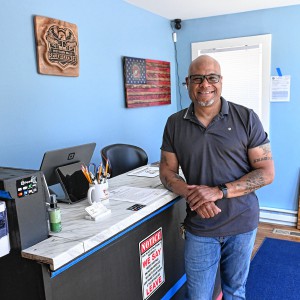 Retired police officer, veteran opens firearms training academy in Millers Falls
Retired police officer, veteran opens firearms training academy in Millers Falls
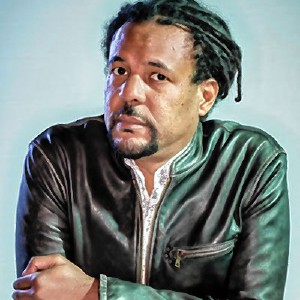 UMass graduation speaker Colson Whitehead pulls out over quashed campus protest
UMass graduation speaker Colson Whitehead pulls out over quashed campus protest
 As I See It: Between Israel and Palestine: Which side should we be on, and why?
As I See It: Between Israel and Palestine: Which side should we be on, and why?
 Real Estate Transactions: May 10, 2024
Real Estate Transactions: May 10, 2024
 Baseball: Caleb Thomas pitches Greenfield to first win over Frontier since 2019 (PHOTOS)
Baseball: Caleb Thomas pitches Greenfield to first win over Frontier since 2019 (PHOTOS)
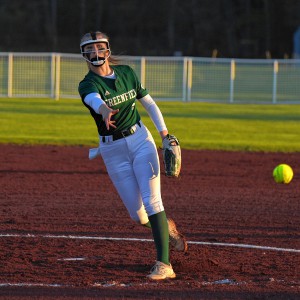 High Schools: Greenfield softball squeaks out 1-0 win over Franklin Tech in pitchers duel between Paulin, Gilbert
High Schools: Greenfield softball squeaks out 1-0 win over Franklin Tech in pitchers duel between Paulin, Gilbert
“The HAT system makes a big difference in the classroom,” Ally said. “When I give it to my teacher, their voice becomes increased or magnified, except it’s to my own devices.”
Deso said that thanks to the Disability & Accessibility Services and the collaborative approach of her teachers, Ally is “very well prepared” for the years ahead. Ally said she plans to study history eventually, but for now, she is completing some general education courses.
“I’m looking forward to learning more about each of the subjects that I’m currently taking classes for ... and seeing where that takes me,” she said.
GCC Coordinator of Disability Services Colleen Caffery said while there aren’t typically many deaf or hard-of-hearing students at the school, whatever is needed for a student “we will get.”
While students who use hearing aids or cochlear implants often have their own Hearing Assistive Technology system — which routes the teacher’s voice directly into the hearing aid or cochlear implant — the school will acquire one for a student if not. Caffery said the school hasn’t had to do that in nearly 10 years.
“The equipment we had until this semester was really dated, so we have acquired a system that Ally used in high school,” she said. “Whatever is needed, in terms of hearing assistance technology that’s not personal to the student, we will get.”
For students who communicate using American Sign Language (ASL), meanwhile, the college can provide interpreters. Though these individuals aren’t on staff, the college has a directory of interpreters to reach out to, should the need arise.
“We have had students who have used a C-Print [caption program] in the past,” Caffery added. “We’ve done it both remotely and with a live caption, so that person will sit in class with the student if they’re in person as opposed to doing it remotely.”
Closed captioning can also be provided for audio/visual material assigned for class.
“It’s our goal to have closed captions on all of that material, not just if there’s a student who is hard of hearing, and we’re working toward that,” she said. “That’s part of our goal for digital accessibility.”
Caffery said the most common student diagnosis is currently attention-deficit/hyperactivity disorder (ADHD), and often it is paired with other diagnoses. Accommodations can be made to support students with a wide range of disabilities, she said.
“Once they have an accommodation agreement, students share that with their instructors,” she explained. “Instructors provide accommodations. If they have questions, they reach out.”
Caffery said she encourages students to reach out to her office, even if they haven’t yet officially been diagnosed with a particular disability.
“It’s not at all a stigmatizing characteristic,” she said. “It’s much better for students to have the supports in place in case they need them, [even if] they never have to use them.”
Reporter Mary Byrne can be reached at mbyrne@recorder.com or 413-930-4429. Twitter: @MaryEByrne.

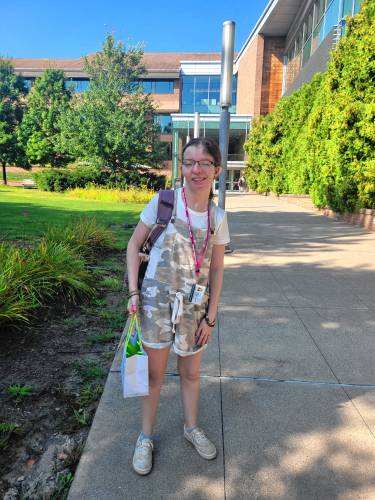
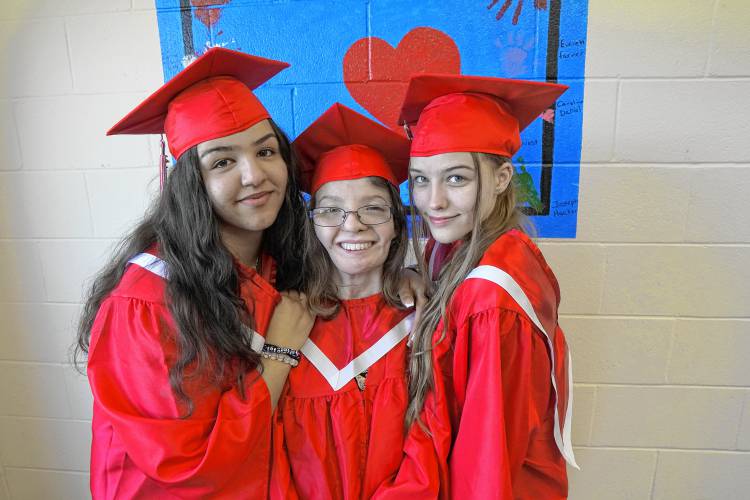
 New USDA offices in Greenfield to aid staffing increase, program expansion
New USDA offices in Greenfield to aid staffing increase, program expansion Montague Notebook: May 10, 2024
Montague Notebook: May 10, 2024 Deerfield’s Tilton Library expansion ‘takes a village’
Deerfield’s Tilton Library expansion ‘takes a village’
